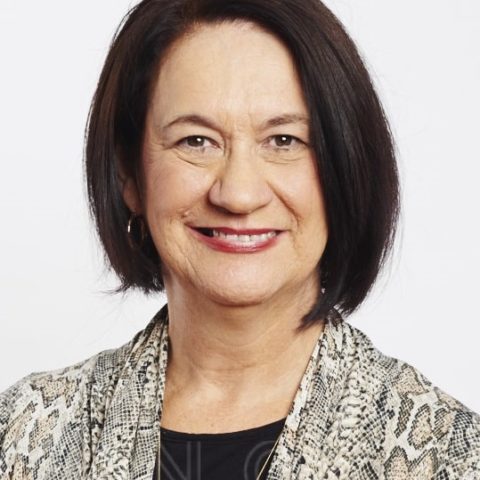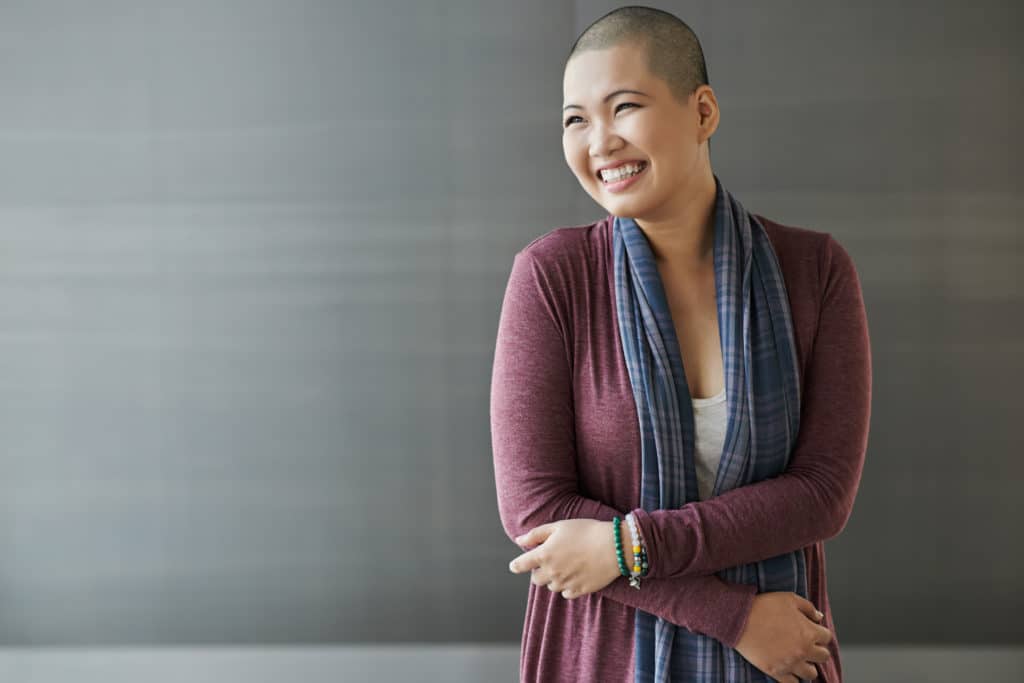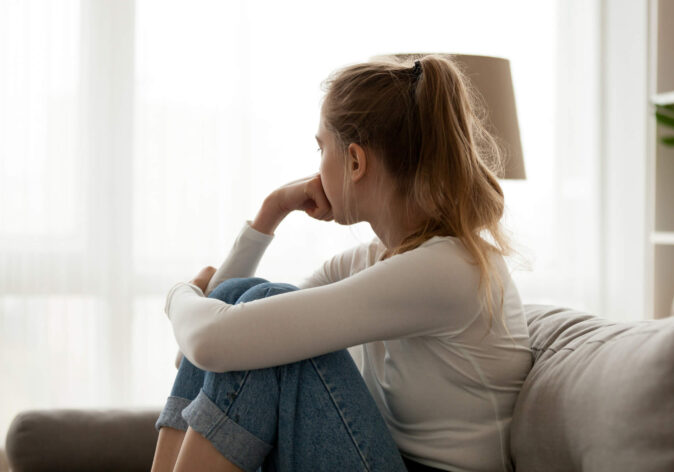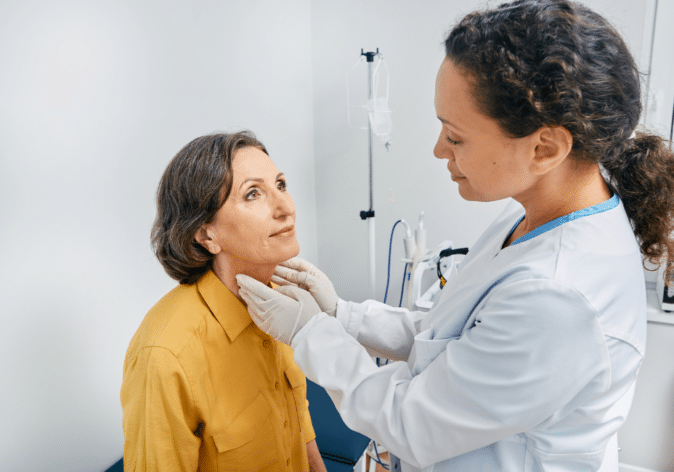The Impact A Diagnosis Has On Your Self-Esteem
Going through a breast cancer diagnosis can have a devastating impact on your physical health and your mental health.
Your body can go through many changes during treatment which can be hard to adjust to.
This can include the impact of chemotherapy or other treatments, or adjusting to your body with a mastectomy, bilateral mastectomy, lumpectomy or a reconstruction.
So how kind were you to yourself during and after your treatment?
The current Chair of Breast Cancer Trials Consumer Advisory Panel Leslie Gilham and the former Chair Leonie Young, both experienced changes to their mental health and body image throughout their treatment.
Leonie Young said she had to adjust to the changes to her body after breast cancer surgery.
“I had a mastectomy, so that was very obvious. But it’s no less important for women who have a lumpectomy, but it’s just a little more obvious when you have a mastectomy.”
She said even those who have undergone a reconstruction are left with scaring.
“It’s one of the biggest issues that women have to face going through this sort of surgery.”
“So, then it raises a whole array issues around sexuality and partnerships and marriages can struggle at this time because people don’t feel like they’re good enough.”
Leslie Gilham said it can be hard to adjust to the permanent reminder of your disease.
“For almost all women and men who’ve had a diagnosis, there’s a constant reminder every time you look at your own self-image, whether that’s because you’ve had a mastectomy, a lumpectomy or none at all.”
“You might have had radiation therapy, but you’ll still have some sort of marking or you’ll have tattoos, to remind you of the radiation, even down to chemotherapy, hair loss and that sort of thing” she said.
Listen to the Podcast
Consumer Advisor Panel Chair Leslie Gilham, and former Chair Leonie Young discuss the impact their breast cancer diagnosis has on their self esteem, body image and mental health.
The Impact A Good Support System Can Have
Leslie said she felt very supported while undergoing treatment, thanks to her clinical trial team.
“I tended to have a whole group of people supporting me, not only my family and friends but also a whole team at the clinic.”
“I guess because I was on that trial, I had to attend the clinic more often, so I had that support around my well being, probably more than those people who weren’t on trials.”
“So, for me personally, I can say I had a lot of support for my mental health.”
Leonie said others receive less support.
“I’m a little different to Leslie because I wasn’t on a trial and I was diagnosed a long time ago and everything has certainly changed in that area and there’s a lot more support around these days.”
She said there is still gaps in the system, with some in regional areas missing out on support.
“For some women, depending on where they live, that support is not there and it’s really important for them to access it somehow.”
“I come from Brisbane and there’s a lot of good support around there but there’s some people who live in rural and regional areas who feel very isolated” she said.
“There are ways, thankfully with modern technology, that people can keep connected but that still keeps them isolated in some ways. So, there are still some people struggling in that area.”
Both women agreed that finding a group of people who have undergone a similar experience will help to support those undergoing treatment.
“If you’ve got a group of friends who all have got something similar going on, you don’t have to explain yourself around it. People get it. And you start to feel good about yourself after a while” said Leonie.
Leslie agreed.
“The more that you can surround yourself with people that have been through the same situation as yourself the better, because you don’t have to explain yourself, they get what you’re going through.”
“It’s actually interesting, you might raise something that is happening, or something that is concerning you and someone else will go ‘oh, that happened to me’.”
“So, it puts you at ease” she said.
“Because quite often you’ll find that if you speak to someone who hasn’t been through a diagnosis or someone who hasn’t got the medical background to deal with your concerns, then all you’re going to do is make those concerns worse because they’ll start to create the anxiety that you don’t necessarily need at that time.”
Practical Ways To Help Boost Self-Esteem
Leonie also suggested other practical ways to lift the self esteem of those undergoing treatment, such a breast forms and getting fitted for nice lingerie.
“Breast care nurses are really vital in steering people in the right direction to know where to go and where to find out some of those things.”
“A lot of people don’t know that those things are available for them and they struggle and feel they have to wear something that’s not very attractive at all. I guess it’s getting into the right information sources.”
Support Us
Help us to change lives through breast cancer clinical trials research

Leslie Gilham




